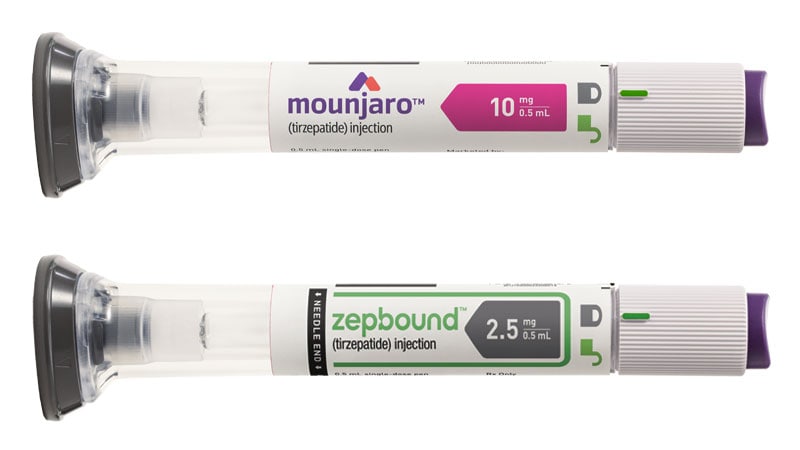Takeaway
- End-stage renal disease (ESRD) should not preclude consideration of bariatric surgery.
Why this matters
- Morbid obesity is a predictor of delayed access to renal transplant and poorer graft outcomes.
- Surgery is underutilised due to a common misperception of unacceptably high risk.
Study design
- National registry data for 418,647 patients undergoing laparoscopic sleeve gastrectomy or Roux-en-Y gastric bypass during 2015-2017.
- 1244 patients (0.3%) had ESRD; the remainder had normal renal function.
- Funding: None disclosed.
Key results
- In multivariate analysis, ESRD was tied to significantly higher rates of 30-day surgical complications, medical complications, and death.
- The complication rate was driven by unplanned reoperations (3.1% vs 1.1%; P<.001), endoscopic intervention (1.6% vs 0.9%; P<.001), transfusion (1.5% vs 0.7%; P=.01), and sepsis (0.4% vs 0.2%; P=.02).
- The medical complication rate was driven by unplanned ICU stays (1.5% vs 0.7%; P<.001) and pneumonia (0.6% vs 0.2%; P=.02).
- Absolute risk differences were ≤4% for all individual and composite outcomes.
- No difference observed in anastomotic leak rates.
- According to the authors, the higher reoperation and endoscopic intervention rates may be due to a lower surgeon threshold for aggressive interventions, for fear of failure to rescue in this vulnerable population.
Limitations
- Research letter; incomplete data.
- Potential misclassification bias.
- May not extrapolate to all obese patients with ESRD.
References
References



